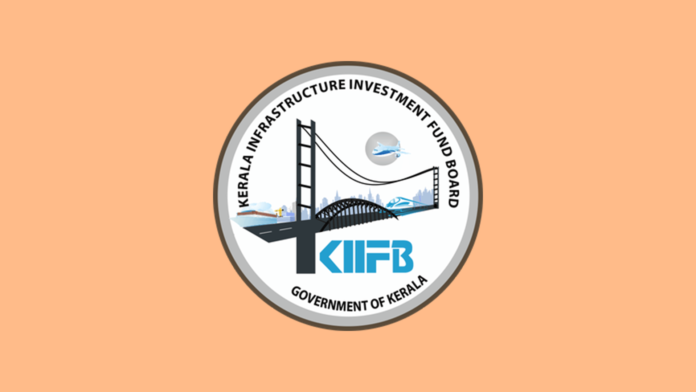The Enforcement Directorate (ED) has reportedly opened an investigation into the borrowings of Kerala Infrastructure Investment Fund Board (KIIFB). Kerala government had set up the KIIFB to raise funds for infrastructure projects in the state. A recent audit report on the state’s finances by the Comptroller and Auditor General (CAG) has claimed the KIIFB’s borrowing model to be unconstitutional. But the Kerala government has rejected that claim.
CAG’s report:
In its audit of KIIFB, the CAG found that the board received ₹2150 crores from the international market through the issuance of masala bonds without the approval from the Central government. It also said that raising funds from abroad violated Article 293 (1) of our constitution.
Masala bonds are rupee-denominated borrowings raised by Indian entities in overseas markets. This means that the funds are borrowed in Indian currency from foreign investors, which is unlike other bond offerings which borrow funds using the US dollar or other currencies. The exchange rate risk in masala bonds lies with the investor, instead of the issuer of the bonds. However, masala bonds cannot be issued by state governments, as they do not have the right to borrow from abroad directly without the Centre’s approval.
In an affidavit filed in Kerala High Court, the office of Auditor General (AG) has noted that the state “will bear the ultimate liability and accountability for the bonds issued by Kerala Infrastructure Investment Fund Board (KIIFB) as they are backed and guaranteed by the Kerala government.”
Article 293 (1) deals with borrowing by states: “Subject to the provisions of this article, the executive power of a State extends to borrowing within the territory of India upon the security of the Consolidated Fund of the State within such limits, if any, as may from time to time be fixed by the Legislature of such State by law and to the giving of guarantees within such limits, if any, as may be so fixed.”
An article in Bloomberg Quint questioned: “If a state is not permitted to borrow overseas then should an entity guaranteed by the state be allowed to use that route? Should this route become popular, will it lead to under-reporting of fiscal deficit by states as large infrastructure expenditure gets pushed on to quasi-government entities?”
The Times of India reported that the Reserve Bank of India had issued the no-objection certificate (NOC) for masala bonds only after clearly stating that the NOC should not be construed as “regularising or validating any irregularities, contravention or other lapses, if any, under the provisions of any other laws and regulations.”
State government’s defence:
Kerala state government has defended borrowing through masala bonds claiming that KIIFB was a corporate body and not the state government. This means that the board can raise funds from abroad without the approval of the Central government.
Pinarayi Vijayan, Kerala’s Chief Minister, has accused the CAG of working in cahoots with the Central government to restrict the development activities in the state by unfairly targeting KIIFB. An article in The Hindu noted, “KIIFB has helped the State fast-track the development in the face of crippling crises. Kerala could ill-afford to give a holiday to development because its revenue streams had dwindled, and the budget was deficient. Kerala government would defend KIIFB at all costs. It would protect its credibility, which was paramount to attract funds from the open market for development.” The CM was quoted as saying, “Let no one think that Kerala government is a helplessly mute statue, and it will silently soak in the assaults on KIIFB,” he said.
Kerala’s Finance Minister Thomas Isaac has dismissed the findings of the CAG. Speaking to reporters, he said, “They (CAG) claim that the KIIFB loans are unconstitutional. Since 1999, CAG had audited KIIFB nine times and prepared the audit report. This allegation was not raised any time before this.”
Noting that all the documents sought by CAG for the audit were provided promptly, he said, “The Indian Constitution is not a book which can be interpreted by any person, appointed as CAG, according to his political leanings.”
KIIFB, through its CEO K.M. Abraham, has noted that it had received permission for issuing the masala bonds from the Reserve Bank of India (RBI). “KIIFB issued masala bonds under the approval route and in consonance with all the regulations in this regard. As per RBI’s Master Circulars on ECB (External Commercial Borrowings), the prospective borrowers are required to send their requests to the RBI through their AD (Authorized Dealer) Banks for examination and will be examined at the Foreign Exchange Department. Thus, in the case of ECBs, what RBI issues whether in the form of NOC or otherwise is considered as its approval of RBI,” it noted.
P.S. Read The NEWS Minute’s explainer on the entire issue here.


